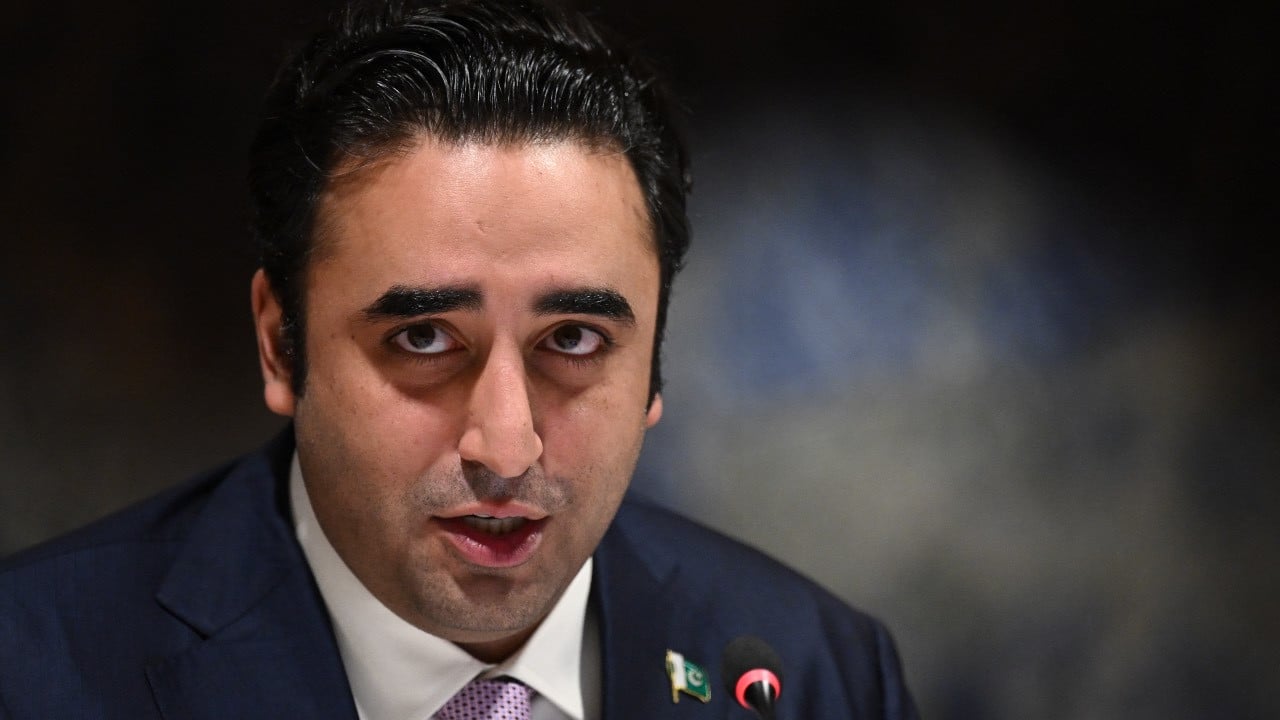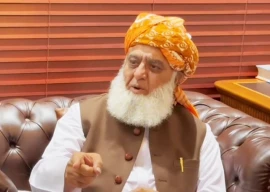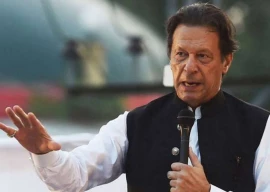
Foreign Minister Bilawal Bhutto Zardari on Tuesday said as a founding member, Pakistan had been and would remain at the forefront of shaping the Economic Cooperation Organization’s (ECO) agenda as collective and coordinated efforts were required to realise the true potential of the region.
"We have full faith in the ECO's bright future. We shall leave no stone unturned in helping the ECO ensure its realisation. We urge the ECO member states to closely coordinate their policies to minimise the adverse impact of the current global economic crisis," the foreign minister said while addressing the 26th ECO Council of Ministers meeting in Tashkent.
He said Pakistan wished to see the ECO region transform into a prosperous trading bloc that stimulated and promoted industrial growth, and reduced and eventually eliminated tariff and non-tariff barriers to promote free trade within the region and become a factor of global peace, stability and prosperity.
"Let's recall our commitment to make the ECO an organisation, not just of words but of action, not just of commitments, but implementation; an organisation where we could proudly pass the baton to our future generations without any remorse or regrets, as an organisation where every year is celebrated as the 'Year of Strengthening Connectivity'."
Felicitating Azeri Foreign Minister Jeyhun Bayramov on assumption of the chairmanship of the Council of Ministers, Bilawal said Pakistan viewed the ECO as an important platform in the region and to strengthen ties among the member states.
"ECO was founded with high hopes and great ambitions. The Treaty of Izmir envisaged a closely knit fraternity of member states in an integrated, interconnected and prosperous region. A region integrated through means of free trade, infrastructure and energy connectivity and collective well-being of the peoples of the region."
Read PPP throws weight behind PM in case of no-trust move
He called for realising the objectives of the Treaty of Izmir and harnessing the ECO's full potential, emphasising that contemporary times presented opportunities and challenges which could best be tackled through a holistic approach.
"We are meeting at a time of profound global transformation and challenges. From a global economic recession as a result of post-Covid aftershocks challenging the very foundations of world financial and economic architecture, to the spectre of extremism, militancy, terrorism and Islamophobia. Natural disasters, climate change and poverty affect today and unfortunately the ECO countries are at the heart of these cataclysmic phenomena," he remarked.
Apprising the international gathering of the devastation caused by the floods in Pakistan, the foreign minister said, "It was a monsoon of biblical magnitude; 'Monsoon on Steroids' as was described by the UN secretary general, with a mix of flooding and also Pakistan has the largest number of glaciers outside of the polar region and these are melting at a rate three times higher than the global average. Our forests are burning; while more heat waves are expected."
He said the impact of floods had emerged as the biggest emergency in Pakistan and not the Covid pandemic at the moment.
Bilawal told the gathering that Pakistan, itself being a victim of terrorism, reiterated desire to see peace taking root in Afghanistan. "At this critical juncture, pushing the interim Afghan government into isolation would further aggravate the suffering of the ordinary Afghan.
"The international community needs to respond positively and urgently to the UN secretary general's appeal for $4.2 billion in humanitarian and economic assistance to Afghanistan and explore ways and means to revive its banking system," he added.

1724760612-0/Untitled-design-(12)1724760612-0-405x300.webp)
















COMMENTS
Comments are moderated and generally will be posted if they are on-topic and not abusive.
For more information, please see our Comments FAQ